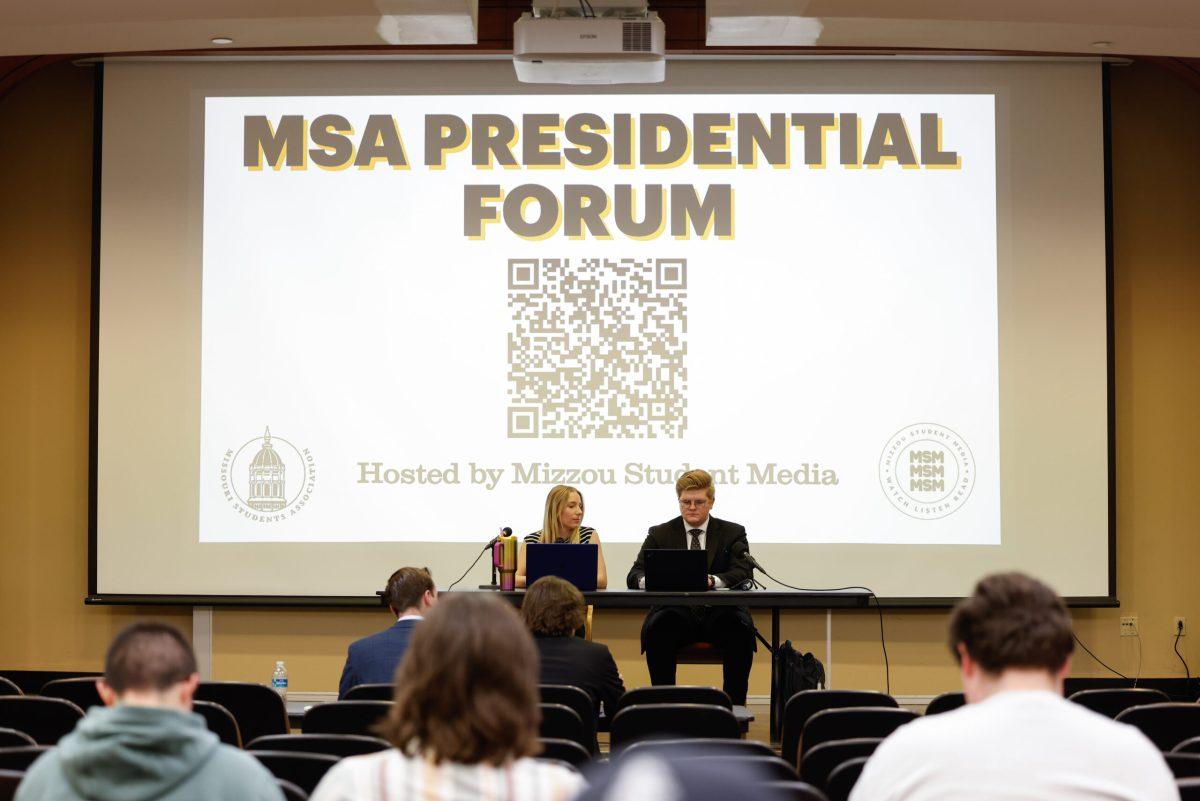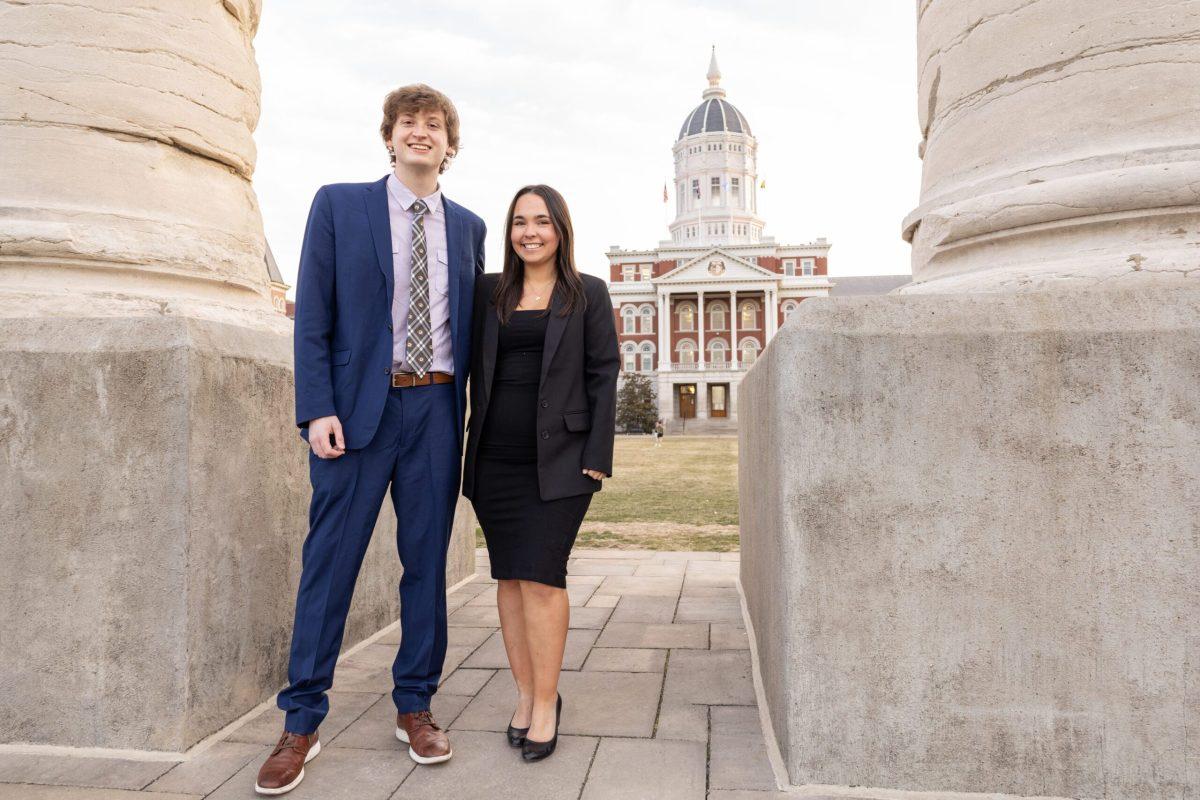By Camden Doherty
The Biden Administration is taking on numerous issues in its first 100 days, including COVID-19, financial instability and racial inequality. His administration’s policies will affect the entire country, including MU.
In Columbia, COVID-19 is limiting in-person learning, changing student life and challenging local businesses.
“The virus has amplified inequality by forcing universities to pivot to online learning. Online learning cheapens the learning process, and it is especially bad for underprivileged students, who have the greatest chances of thriving within a traditional learning environment,” said Dr. Constantine Vassiliou, a postdoctoral scholar of Constitutional Democracy and Political Science at MU.
By distributing coronavirus vaccines across the nation, the Biden administration hopes to minimize the economic and racial disparities exposed by the virus.
However, the vaccine distribution did not begin as planned: The Trump administration only administered 14 of the 20 million doses it aimed to distribute in December. States like Missouri were most affected in the early days of vaccine roll-out — according to KMOV4, as of Feb. 10, the state nears the bottom of the vaccine rollout list at 49 out of 50 states.
With Missouri being one of the worst states for vaccine rollout, the wait for a return to a fully in-person campus may drag on.
The vaccine will only solve some of the issues caused by COVID-19. Dr. Jennifer Selin, a political science professor at MU, said significant financial support and grants are needed to restore normalcy to campus life.
“Mizzou, like many universities, is very cash-strapped at the moment,” Selin said.
MU procures most of its funds as a public university from student tuition as well as state and federal grants. According to KRCG 13, MU lost $36.5 million in state funding in April 2020 because of cuts in the state budget.
Selin said as the Biden administration distributes federal coronavirus relief packages to the states, MU should not expect to see any of the money directly. However, an influx of state funding could benefit the university indirectly.
Another economic question controlling political headlines is student debt.
According to LendEDU, the average MU undergraduate student left with $27,146 in debt in 2019, slightly less than the 2019 national average of $30,062.
Some Congressional Democrats have been pushing for $50,000 federal student aid packages. President Biden has said he is willing to provide up to $10,000 in aid per student.
Vassiliou said if the federal government decides to provide these aid packages at any value, unforeseen economic inequalities could present themselves.
“I’m of the mind that we should cancel debt for students that need it the most.” Vassiliou said.
Vassiliou said President Biden should seek to offer a more targeted student aid solution: post-graduation packages for students pursuing fields where employment is difficult to find; as for students pursuing careers that typically receive disproportionate salaries in comparison to their higher education costs.
But the effects of student debt are not just degree-based — race also plays a part. According to a 2020 study of student debt done by Educationdata.org, 40.2% of white undergraduate students take out student loans while 50.8% of Black undergraduate students take out student loans. While the Biden administration is delaying any possible legislation involving student debt, they have already taken steps toward combating racial inequality.
“The Biden administration is going to promote diversity and make efforts to level the playing field,” Selin said.
On the campaign trail, President Biden said he wanted to create a more equitable and inclusive America if elected.
This effort is coming after William Barr, former President Donald Trump’s Attorney General sued Yale University for discriminating against white and Asian applicants. Within days of entering office, the Biden administration dropped the lawsuit.
This lawsuit is part of a series of lawsuits from Republican lawmakers to attack parts of affirmative action. By dropping the lawsuit, the Biden administration made it clear they plan to continue to support the practice.
Selin said policies that seek to level the playing field on campuses across America will be continuously challenged in court by Republicans.
While policies revolving around affirmative action are being debated at a federal level, Vassiliou is optimistic that President Biden’s election will help temper our polarization.
“Sober Minded leadership at the top, beginning with the president, will help lower the temperature in civil society more generally,” Said Vassiliou.
Vassiliou said students should not expect miracles from the new president. Improvement comes slowly, and bills and agency regulations will take years.
The Poynter Institute offers the public a “Biden Promise Tracker” at www.politifact.com, where he is being held accountable for 100 of his most significant campaign promises through fact-checking, many of which impact higher education.
All three of Biden’s first 100-day goals can, in some ways, be solved by the return to physical campus.
“The longer campus is shut down, the longer these inequalities among students will last,” Vassiliou said.
_Edited by Emmet Jamieson | [email protected]_













